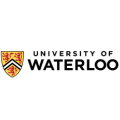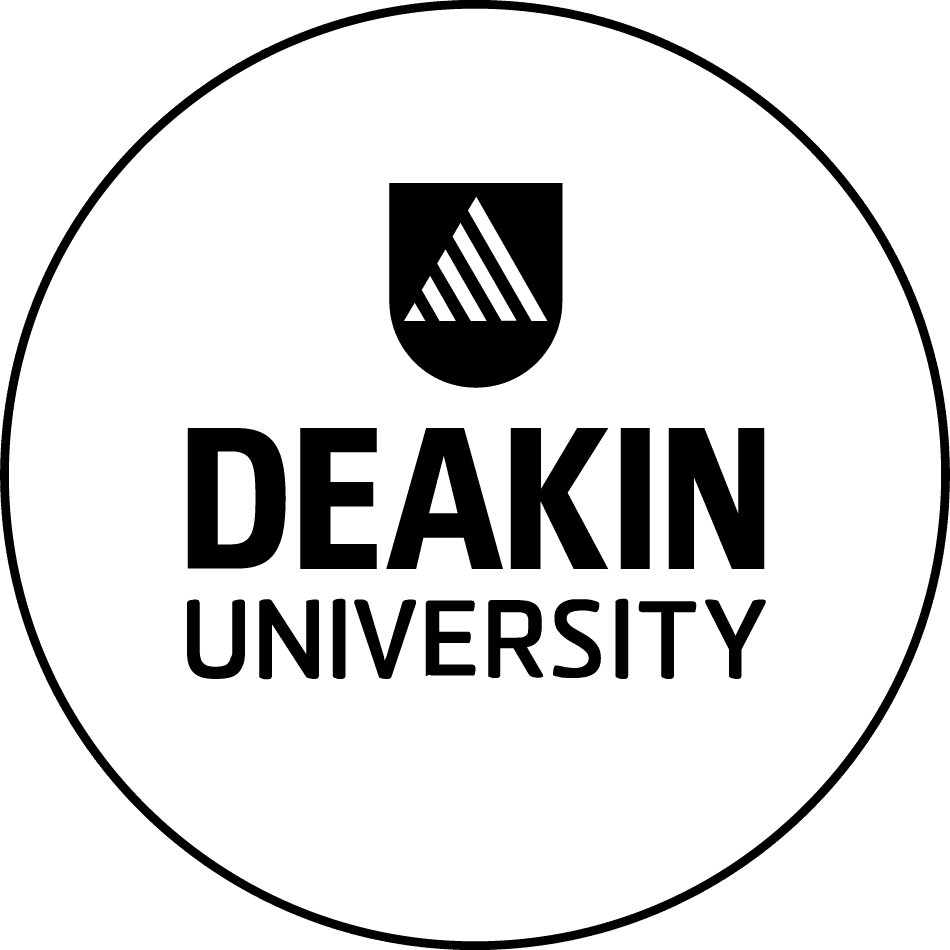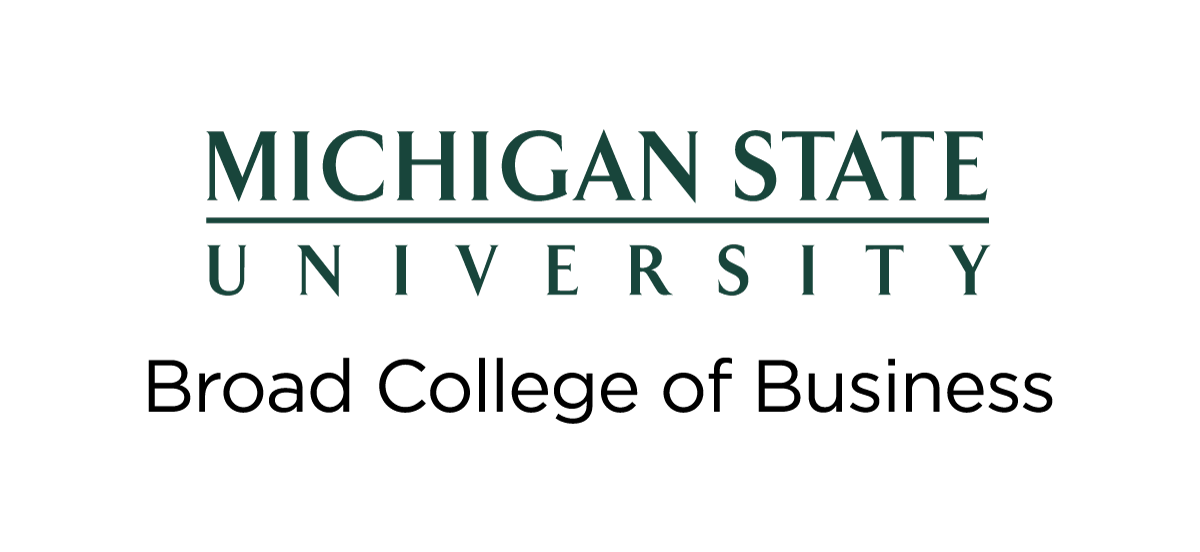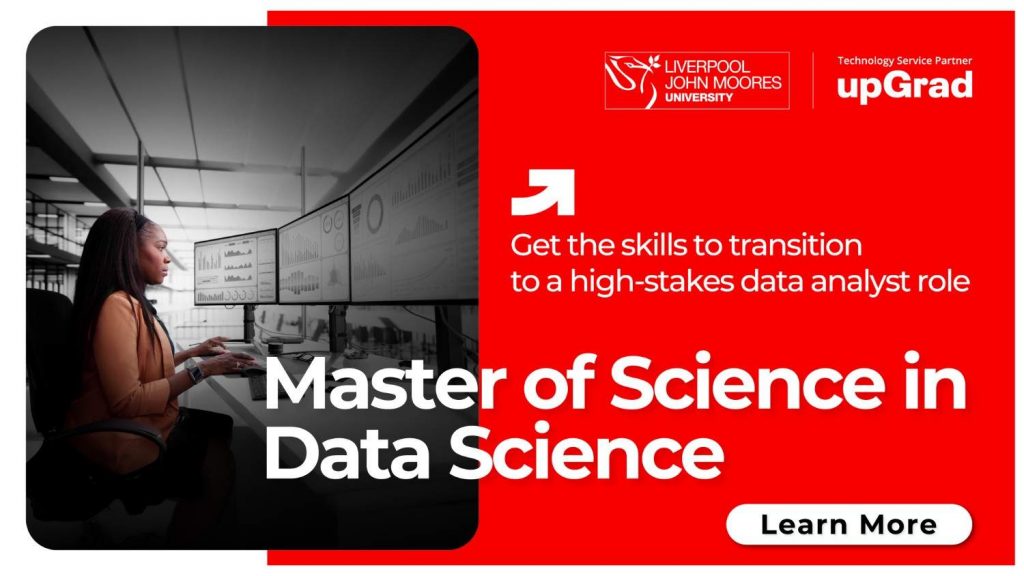Data science has a promising future in Canada, driven by the growing demand for skilled professionals across a wide range of industries. This status is also evident from the salaries these professionals receive – an average annual base pay of CAD 91,000, which is significantly higher than what is considered a decent salary in any North American country. The most significant drivers of demand are the increasing emphasis on technology and innovation in Canada, accompanied by a growing reliance on data to inform decisions.
This blog will discuss how to start a career in data science by focusing on the steps that aspirants can adhere to in this context and also highlight the top tools and skills that they must master to achieve the goal of becoming a data scientist in Canada.
Source: Glassdoor
How to Start a Career in Data Science in Canada – A Step-by-Step Roadmap for Beginners
Candidates seeking the ideal roadmap to embark on a data scientist career path should begin by establishing a strong foundation in statistics and programming, after which they can explore relevant tools such as machine learning. They must also participate in practical projects and create portfolios, as these are important for showcasing their skills. They should also consider acquiring specialized knowledge through certifications to enhance their credentials further.
Also Read: Why Data Science is One of the Most In-Demand Careers in Canada
Foundational Knowledge
To build their foundational knowledge in data science, students need to focus on areas such as programming, mathematics, and statistics. In terms of programming, they need to learn R and/or Python, as data professionals widely use these languages. In statistics, the most critical areas are:
- Descriptive and Inferential Statistics
- Probability
- Linear Algebra
Students must also become familiar with calculus, which is essential for understanding more complex machine learning algorithms.
Data Science Tools and Techniques
For students looking for ways to start a career in data science, a complete mastery of data science tools and techniques is a must. The most important ones, in this case, are data visualization and analysis, machine learning, databases, and big data technologies. Students need to master tools used in data visualization and manipulation, such as Pandas, Matplotlib, Numpy, and Seaborn. They must also study various algorithms, including unsupervised and supervised ones, as well as deep learning techniques.
Practical Experience
Practical experience is a crucial component of securing the best data science jobs, and the most effective ways to accumulate it are through projects, internships, and portfolios. Students can work on personal projects by using real-world datasets to gain hands-on experience. They can look for internships that allow them to apply their skills to real-world settings.
Also Read: Top Data Science Skills You’ll Learn in a Course
Career Progression
Certifications, networking, and applying for jobs are the most crucial parts of this particular phase. Students should obtain relevant certifications that help them showcase their data science expertise. They must also connect with other data scientists through industry events and online communities. In terms of job applications, they can begin with entry-level data science jobs and slowly move towards more advanced roles.
Continued Learning
It is essential to stay constantly updated as a data scientist, as the field is evolving rapidly. This requirement means that professionals must continually focus on learning new technologies and techniques to stay current. They also need to engage in online communities and forums so that they can stay connected with others of their ilk and keep abreast of the latest developments in the domain.
Also Read: The Future of Data Science in Canada: Trends and Predictions
Top Skills and Tools Needed to Become a Successful Data Scientist in Canada
Students looking to forge a career in data science need a strong foundation in both soft skills and technical skills. Additionally, they must participate in online courses, university programs, and boot camps to enhance their chances in this industry.
| Technical Skills | Soft Skills | Tools |
|
|
|
Also Read: Is upGrad’s Data Science Program the Best Starting Point for Beginners in Canada?
Why upGrad’s Data Science Programs are Ideal for Beginners in Canada
The data science and analytics courses offered by upGrad are among the top options for students seeking to become data scientists in Canada, as they provide instruction on how to harness the potential of data effectively. These courses are from some of the world’s top universities, which is why they significantly enhance students’ data science skills.
- Master of Science in Data Science, Liverpool John Moores University
- Post Graduate Diploma in Data Science (E-Learning), upGrad Institute
- Executive Diploma in Data Science and AI, IIIT Bangalore
- Post Graduate Certificate in Data Science & AI, IIIT Bangalore
Related Article
How to Land a Data Science Job in Canada
🎓 Explore Our Top-Rated Courses in Canada
Take the next step in your career with industry-relevant online courses designed for working professionals in Canada.
FAQ On Starting a Career in Data Science in Canada for Beginners
Q: How to start a career in data science with no experience?
Ans: To start a data science career without prior experience, candidates should focus on building a strong foundation in core skills, actively networking, and creating a portfolio of projects.
Q: How to build a strong base in data science fundamentals?
Ans: Students can focus on mastering programming languages such as R and Python, along with data analysis and statistics, to build a solid foundation in the basics of data science.
Q: Do I need a degree in computer science to become a data scientist?
Ans: Having a degree in computer science can provide students with a strong foundation to work as a data scientist, but it is not a mandatory requirement.
Q: Can I switch to data science from a non-tech background?
Ans: Yes, people can transition to a data science career from a non-tech background, but it is a challenging journey that requires dedication, a strong mindset, and ongoing learning.
Q: Are data science jobs in demand in Canada in 2026?
Ans: Data science jobs will remain in high demand throughout Canada in 2026, driven by the increasing reliance on data-driven decision-making across all industries.
































